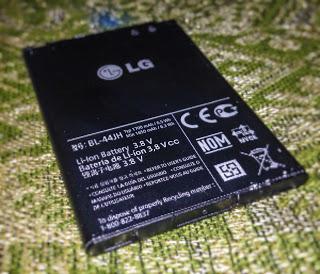
Lithium-ion batteries are common in consumer electronics. They are one of the most popular types of rechargeable batteries for portable electronics, with a high energy density, no memory effect, and only a slow loss of charge when not in use.
Here are the useful tips compiled from different sources to keep your lithium-ion battery healthy:
1. Before first use, apply a full charge to your device. Typically lithium-ion devices are pre-charged to about 50% capacity.
2. Keep your batteries at room temperature.
Heat is the largest contributing factor when it comes to reducing lithium-ion battery life. You have to keep your batteries at room temperature which ranges between 20 to 26 degrees Celsius. A room temperature is when the air feels neither hot nor cold. Prevent storage in a hot car and never freeze a battery.
3. Allow partial discharges and avoid full ones (usually) Lithium ion chemistry prefers partial discharge to deep discharge, so it's best to avoid taking the battery all the way down to zero. Since lithium-ion batteries do not have a charge memory, deep-discharge cycles are not necessary but at least after 30 charges, let your lithium-ion batteries to completely discharge to recalibrate the power gauge.
4. If your laptop is capable of running without a battery and fixed power is used most of the time, remove the battery and store it in a cool place.
5. Avoid purchasing spare Li-ion batteries for later use. Observe manufacturing date when purchasing. Do not buy old stock, even if sold at clearance prices.
6. Do not allow the battery to be fully discharged for more than one day.
7. Do not allow fully charged batteries to sit for extended periods of time (months). If batteries must be stored, store at a 40% charge to prevent loss of capacity.
8. When storing for long periods of time, apply a discharge/charge once every 1-3 months.
9. Avoid physical impact as this will affect the overall integrity of the battery.
Sources: http://wikipedia.com http://www.buchmann.ca/chap10-page6.asp http://www.techrepublic.com/ http://blog.telaeris.com/

